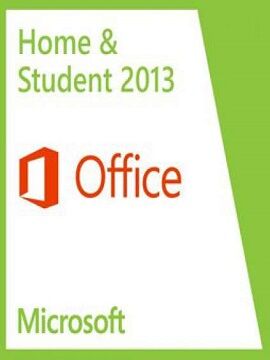
Brand
- Routledge 1.447
- CRC Press 150
- Winsor & Newton 106
- Autodesk 76
- Liquitex 45
- Chapman & Hall 43
- Schmincke 43
- ZAP Trading 42
- Da Vinci 32
- SDC Publications 28
- Pro Arte 24
- Guilford Press 23
- Sareer Furniture 22
- Air Jordan 16
- PiXAPRO/Godox 16
- SEGA 16
- Everyday 14
- Steam 14
- Adidas Originals 12
- Electronic Arts 12
- Shiravune 11
- Ace & K 10
- MTP Products 10
- Pembroke Publishers 10
- McNeela Music 9
- Silvine 9
- Dr.James 8
- HAY 8
- Focal Press 7
- Microsoft 7
- PiXAPRO 7
- Art Ranger 6
- Collins 6
- Epson 6
- Hidersine 6
- Igenix 6
- Psychology Press 6
- Teknik 6
- A K Peters/CRC Press 5
- Auerbach Publications 5
- EssentialPhoto 5
- Garland Science 5
- Routledge India 5
- Royal & Langnickel 5
- Xbox 5
- Fireplace Games 4
- Nuance Communications 4
- PQube Limited 4
- Paradox Interactive 4
- Pukka 4
- Savings Store 4
- Chartwell 3
- Durable 3
- Eaget 3
- Headup, Whisper Games 3
- Hempuli Oy 3
- Kentec Electronics 3
- Mitre Essentials 3
- Productivity Press 3
- RIBA Publishing 3
- Rubies 3
- Sekai Project 3
- Spigen 3
- Statesman 3
- TML 3
- Tech-Protect 3
- Warner Bros. Games 3
- 2P Games 2
- 5 Star 2
- Albert Waeschle 2
- Apple 2
- Art Nest 2
- BANDAI NAMCO Entertainment 2
- David Fulton Publishers 2
- Deep Silver 2
- ESR 2
- Exacompta 2
- Fairmont Press 2
- Feral Interactive (Linux) 2
- Harry Corry 2
- Isomars 2
- Kingston 2
- Mitre Heritage 2
- Motorsport Games 2
- Notifier 2
- Olympia 2
- Planet - Rotur 2
- Pukka Pad 2
- SQUARE ENIX 2
- Seal Medical 2
- Serenity Forge 2
- Show-me 2
- Sigma Aldrich 2
- T-WOLF 2
- Towson 2
- Vox Ignis 2
- West-Design 2
- Winged Cloud 2
- Winter Wolves 2
- Work 2
Colour
Size
Gender
Merchant
- Routledge 1.748
- Cowling & Wilcox 269
- K4G.COM 226
- Zoro UK Limited 198
- MyTrendyPhone.co.uk 30
- Essential Photo 28
- Erysta 21
- BULLCAPTAIN 18
- McNeela Music 17
- Kick Game 16
- Home Done 14
- Wrong Weather 12
- AndLight.co.uk 9
- Acorn Fire & Security 8
- Seal Medical 7
- Mskeyify 6
- AWD IT 4
- Compatink 3
- Dell 2
- Harry Corry 2
- Plusshop UK [OLD] 2
- QD Stores 2
- Rhino Stationery (Comlyn CSS) 2
- Bathshack.com 1
- Haynes.com UK 1
- Phantova 1
- RS Components UK 1
- Unibos Store 1
- Vivomed 1
- uk.plusshop.com 1
























